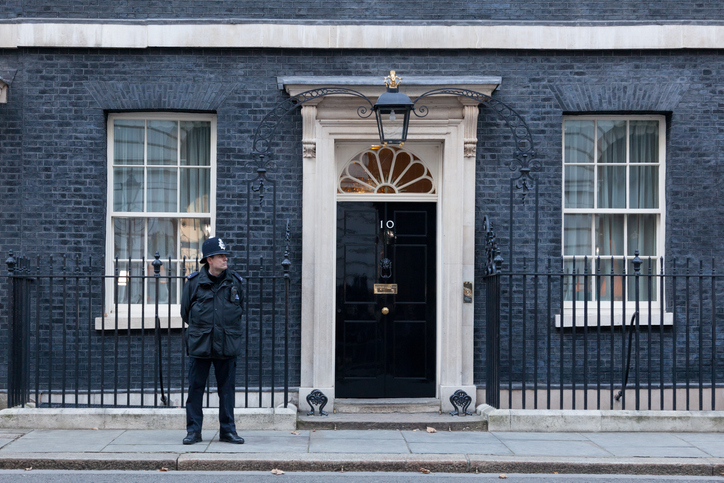From building model buses to backing modern business
| Henry Whorwood
Category: Uncategorized
With the news of Boris Johnson’s election by the Conservative Party selectorate, I can put away my puns about being on the Hunt for unicorns. But his election is frustrating for more than just a wasted pun (much more depending on your political persuasion): figuring out what a Jeremy Hunt premiership might have meant for the UK’s high-growth businesses would have been a decidedly easier task than trying to guess what Boris might mean.
Jeremy Hunt seemed tireless in his campaign to remind us that he was an entrepreneur. And he seemed committed to supporting young entrepreneurs if he was successful. Last month he promised to wipe the debt of students who went on to become entrepreneurs. And in gestures of support for wider business he pledged to lower corporation tax and to increase the tax-free investment allowance. The Association of Accounting Technicians (AAT) took his candidacy as an opportunity to campaign for the abolition of Entrepreneurs’ Relief, on the basis that it rewards the already successful rather than incentivising people to take the risk of becoming an entrepreneur.
Boris, by contrast, has spent much more of his career being an employee, and it shows in the policies on tax and spending that he was advocating in this campaign. But it would be a mistake to interpret his now famous and then fatuous remark of “F**k business!” as truly reflective of his understanding of the importance of high-growth businesses to the UK’s economy.
His proposal to raise the higher-rate tax threshold to £80k shows an understanding of the Conservative party membership (and MPs) whose votes he has been courting, but will not make a difference to most employees. His proposal to raise the threshold at which employees begin paying national insurance contributions (NICs), however, affects the amount of take-home pay of all full-time employees – which is good for every SME’s workforce. At the same time, Boris wants to increase the National Living Wage which would mean increased staff costs.

Both candidates seemed to be grasping for levers to boost the UK’s economy – doubtless motivated by the dark clouds on the horizon. How Boris handles Brexit will have more impact than any other domestic policy on the UK’s startups and scaleups. Unfortunately, this is where the least clarity is available. Boris has said he is committed to leaving the European Union on 31st October, with or without a deal. But if no deal needs to be on the table for any renegotiation to be meaningful, he’d have to say that anyway (not to mention the fact that such a posture was clearly popular with Conservative party members).
If leaving the EU without a deal is a real possibility, what does that mean for the UK’s growing businesses? It will undoubtedly be bad for some businesses, especially those exporting tariffed goods. But many businesses will not be directly affected. The problem is that the whole business population will be affected if we enter a serious recession; only under the worst no-deal exit is that likely. But even under better variations, things could still become difficult. Fortunately, the UK’s early-stage, high-growth businesses have been raising more money than ever, with 2019 looking like it could be a record year for equity investment. Investors have decided to empower their portfolios with securer financial positions as they enter 2020. Will it be enough?